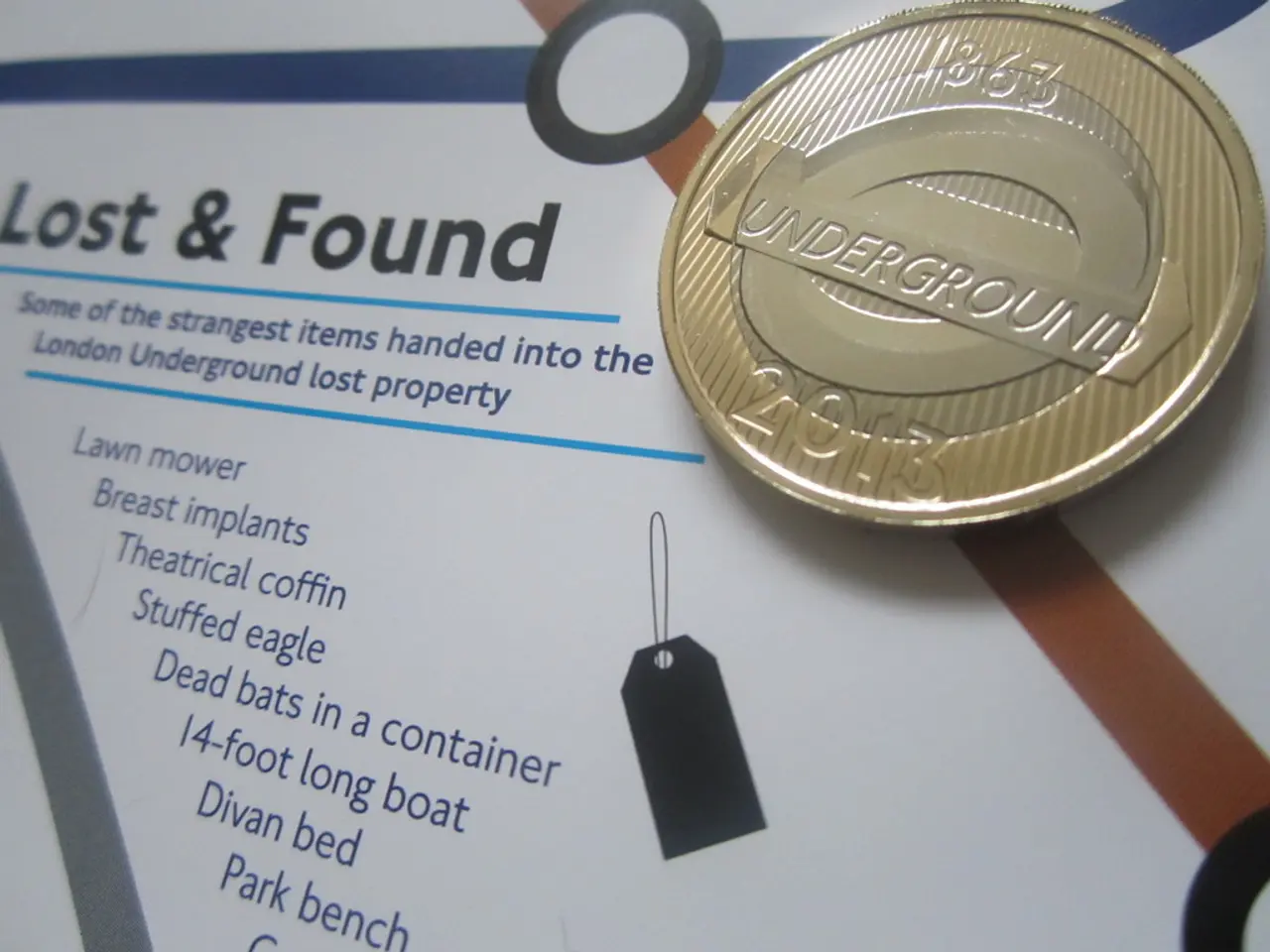Turkish economy overcomes doubts, asserts Şimşek
In a significant move for the Turkish economy, Moody's, a leading credit rating agency, upgraded Turkey's credit rating to Ba3 on July 25, 2021. This decision reflects the country's strengthening track record of effective policymaking and improved financial stability.
The key drivers behind this upgrade were the central bank's adherence to a monetary policy framework that sustainably reduces inflationary pressures, a reduction in economic imbalances, and the restoration of confidence among local depositors and foreign investors in the Turkish lira.
Mehmet Şimşek, the Finance Minister of Türkiye, welcomed the upgrade, stating that it confirms the successful management of the economy and its resilience. He believes that as the program continues to be implemented, Türkiye's risk premium will decline further.
The central bank's commitment to tight monetary policy helped ease inflation pressures that had previously reached very high levels. This commitment, coupled with the government's embrace of more conventional policies such as interest rate hikes and tighter credit controls, has significantly improved financial stability.
Turkey's macroeconomic imbalances, including external vulnerabilities, showed signs of narrowing, improving the external position's sustainability. This progress is reflected in Moody's balanced view of Turkey's progress, acknowledging ongoing political and external risks but recognizing the country's positive policy trajectory.
The upgrade thus signaled Moody's confidence in Turkey's improving economic fundamentals and resilience, balanced against remaining challenges. Fitch Ratings also affirmed Turkey's Long-Term Foreign-Currency Issuer Default Rating at BB- on July 25, maintaining a stable outlook.
The government is committed to permanently reducing inflation, maintaining a sustainable current account balance, and strengthening fiscal discipline (excluding earthquake-related expenditures). Plans are in place to reinforce these economic gains through structural reforms, particularly in the areas of green and digital transformation.
Maintaining the current policy path and advancing planned structural reforms could further enhance Türkiye's resilience to external shocks, particularly by reducing energy import dependence and increasing the competitiveness of exports. Despite the positive outlook, challenges remain, with Fitch pointing to ongoing challenges such as high inflation and external financing risks in Turkey.
As Turkey continues to navigate these challenges, the upgrade serves as a testament to the progress made and a beacon of hope for continued economic stability. The country's access to financing is expected to improve, fostering further economic growth and development.
[1] Moody's Investors Service. (2021). Moody's upgrades Turkey's rating to Ba3, stable outlook. [online] Available at: https://www.moodys.com/research/Moodys-upgrades-Turkeys-rating-to-Ba3--stable-outlook--PR_434276
[2] Reuters. (2021). Turkey's economy emerges from period of uncertainties as Moody's upgrades credit rating. [online] Available at: https://www.reuters.com/business/turkeys-economy-emerges-period-uncertainties-moodys-upgrades-credit-rating-2021-07-25/
[3] Financial Times. (2021). Turkey's economy upgraded by Moody's as inflation eases. [online] Available at: https://www.ft.com/content/f079220f-91c5-4d0c-b02c-a2702d59488b
[4] Bloomberg. (2021). Turkey's Economy Emerges From Period of Uncertainties as Moody's Upgrades Credit Rating. [online] Available at: https://www.bloombergquint.com/global-economics/turkeys-economy-emerges-from-period-of-uncertainties-as-moodys-upgrades-credit-rating
The upgrade by Moody's is a testament to Turkey's improving financial stability in the realm of business and finance, signaling confidence in the country's economic fundamentals. The government's strategy, encompassing monetary policy, interest rate hikes, and structural reforms, has significantly contributed to this positive development in the Turkish economy.




